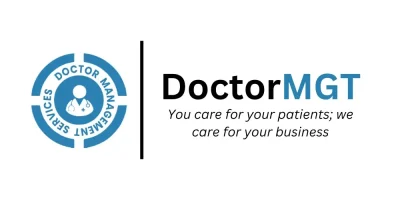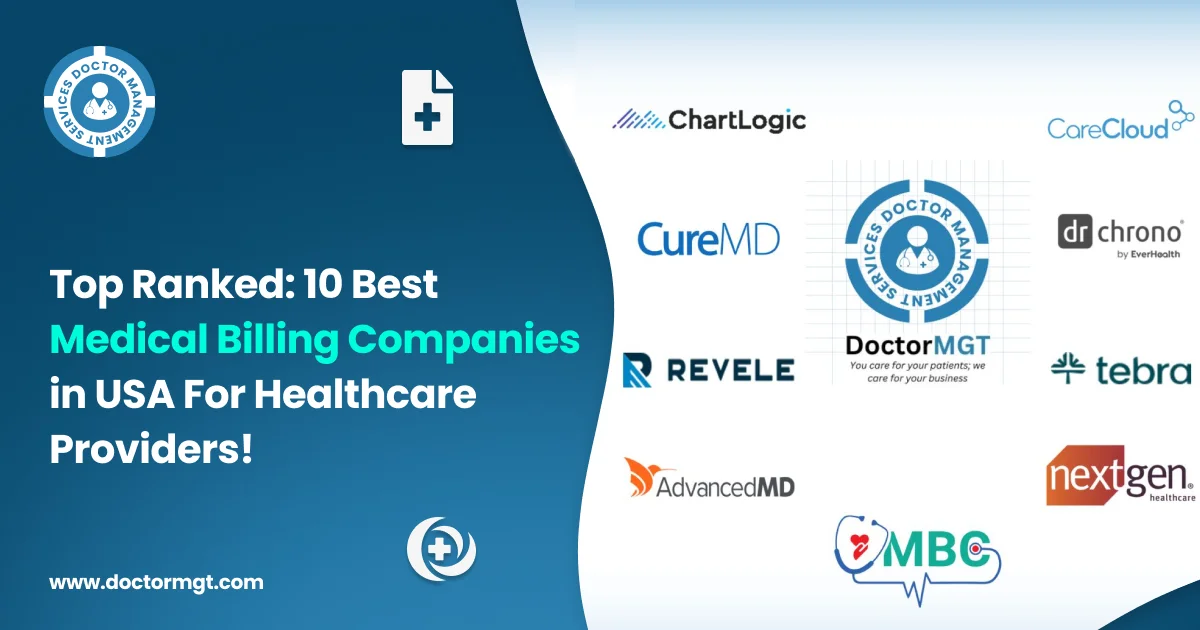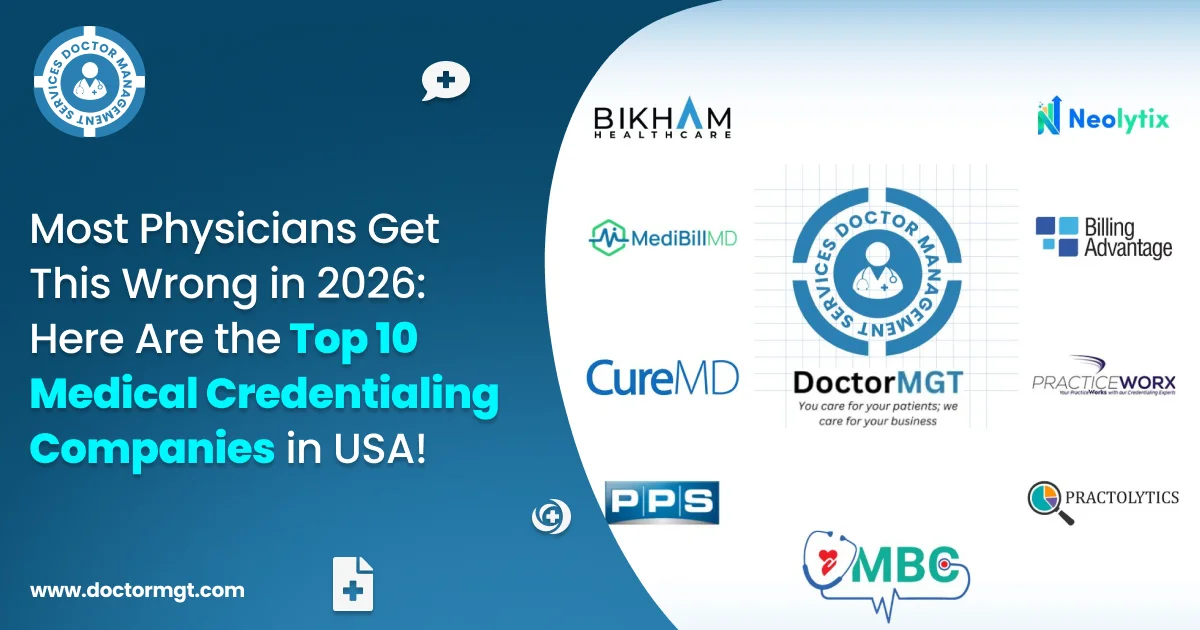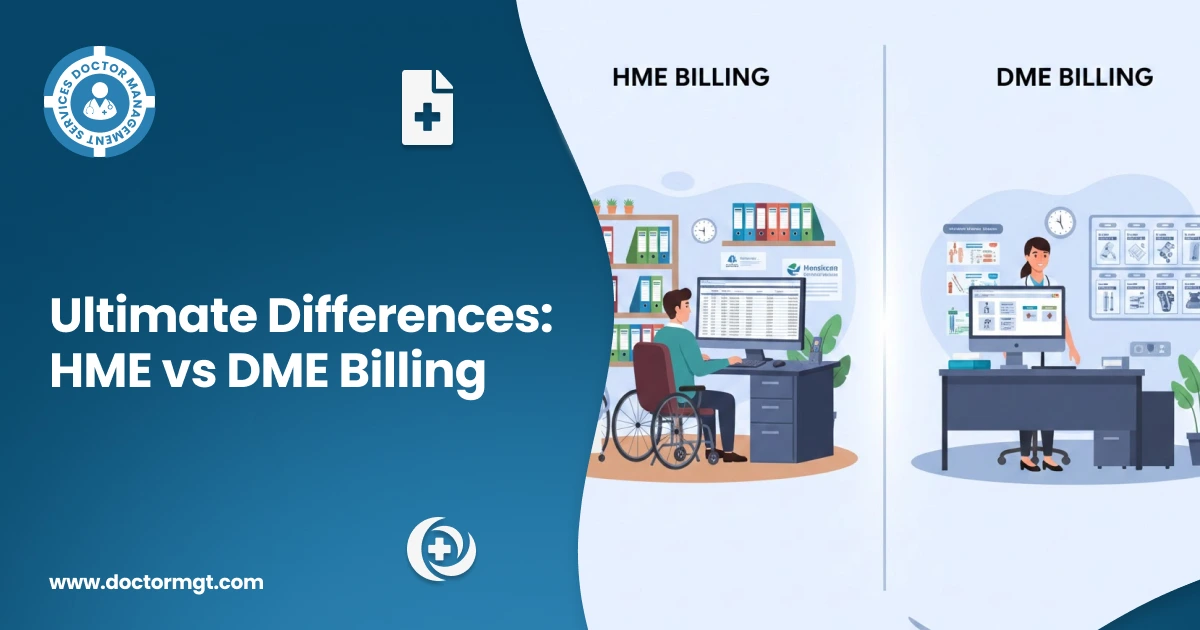Health care is dynamic, and therefore, Ambulatory Surgery Centers (ASCs) experience frequent modifications in coding and reimbursement regulation. Thus, it is important to incorporate tactics to remain informed on these factors in order to sustain financial solvency and capacity to deliver quality services.
The reimbursement scenario in the Ambulatory Surgery Centers (ASCs) is changing at a very fast pace, especially with the inclusion of the new paid-only ASC C codes. Delighting in these ASC Coding changes could help your center for the long haul.
Recently, cardiovascular procedures have been adopting outpatient facilities including OBLs and ASCs at a growing rate. Coronary procedures were included in the ASC CPL in 2019 and 2020; as reimbursement for diagnostic cardiac catheterizations and low-risk percutaneous coronary interventions.
Here in this blog, we will be giving an insight into the current trends in ASC coding, the updates on reimbursement issues, and how and where to address these changes.
The Symphonies Behind ASC Coding
Ambulatory Surgery Centers offer outpatient surgical services, and coding is an essential component of their revenue cycle. Accurate coding ensures that ASCs receive appropriate reimbursement from insurance companies and government payers. As coding guidelines and policies change, staying informed and adapting quickly becomes essential to prevent revenue losses and compliance issues.
Reimbursement and Billing Updates for ASC
Looking at cardiac and vascular services, it is essential to consider the reimbursement circumstances when choosing between OBL, ASC, or hybrid for cardiovascular procedures based on the new ASC-only C codes.
Understanding these codes aids in identifying devices, products, and services that increase the cardiovascular work that can be performed in ASCs and reciprocate proper billing and reimbursement from CMS.
Key ASC Coding Trends
It is necessary to comprehend that Ambulatory Surgery Centers are centers that provide outpatient services, including surgical procedures. Coding is a crucial element in the ACS’ revenue stream.
Sound coding enables ASCs to recover the correct revenue owed by insurance firms and other government agencies. Over time, coding implements new guidelines and policies to abide by, which can cause issues when not promptly addressed for it causes revenue losses and noncompliance.
1. Transition to ICD-11
The ICD is a well-known coding mechanism accepted worldwide to address all diagnoses, symptoms, as well as procedures. The shift from the ICD-10 coding system to the ICD-11 is one of the most sweeping alterations that ASCs will experience.
ICD-11 contains more detailed and precise codes than ICD-10, which can result in higher reliability of the medical diagnoses and procedures. However, some challenges come with this transition such as the changing of coding systems, staff training, and documentation.
Key Points:
- Enhanced specificity in coding
- Requires updates to electronic health record (EHR) systems
- Comprehensive staff training needed
2. Increased Focus on Bundled Payments
A common example of these payment models is the bundled payments in which providers are paid a single amount by the payer for all services that are needed before, during, and after treatment of a specific condition. Their purpose is to enhance the continuity of care, considering the need for improvement and the possible decrease in expenses.
What this implies for ASCs is a move from the traditional fee-for-service business model to a value-based care delivery system. It is important to code and document all services that should be included in the bundled payment as well as prove to the payers that ASCs need better reimbursement.
Key Points:
– Promotes cost efficiency and care coordination
– Requires precise coding and comprehensive documentation
– Potential financial impact if services are under-coded
3. Emphasis on Quality Reporting
Effective reporting specialties include quality programs like the Merit-based Incentive Payment System (MIPS), which is rapidly changing reimbursement rates. ASCs should therefore concentrate on providing better quality data in their technical reports so that they do not suffer the penalty and at the same time gain the incentive. Inaccurate codes have a substantial influence on quality reporting as they distort reimbursement.
Key Points:
- Importance of accurate coding for quality reporting
- Potential penalties for incorrect or incomplete reporting
- Incentives for high-quality care
4. Telehealth and Remote Services
Telehealth and remote services were heavily embraced due to the COVID-19 pandemic, and most of the practices have continued beyond the pandemic. ASCs need to address coding of Telehealth that does not involve face-to-face contact with patients, which is quite different from normal practice. Correct identification of Telehealth modifiers and codes is crucial for proper reimbursement of telehealth services.
Key Points:
- Growth in telehealth services
- Need for understanding telehealth-specific codes and modifiers
- Ensuring compliance with telehealth billing regulations
Reimbursement Changes and Their Impact
1. Medicare Payment Updates
The payment policy of Medicare concerning ASCs is reviewed frequently. Other changes are more specific and recent such as the ones in the ASC Payment System that defines how Medicare will pay for certain outpatient surgeries. It would be important to consistently monitor such changes since they have compelling effects on the principles of reimbursement rates.
Key Points:
- Annual updates to Medicare payment policies
- Potential changes in reimbursement rates
- Importance of monitoring CMS announcements
2. Commercial Payer Policies
Another factor is that commercial payers update their policies on reimbursement as well, and these may be totally dissimilar to Medicare. The commercial payers’ policies should be periodically examined in the ASCs to minimize the chances of claim denials and clawbacks.
Key Points:
- Variation in commercial payer policies
- Need for regular updates on payer guidelines
- Strategies for minimizing claim denials
3. Changes in Prior Authorization Requirements
Prior authorization is one of the key components of managed care where patients are required to seek prior approval from their insurance carriers before receiving services from their physicians. The pre-authorization provisions are becoming more prescriptive with many insurance companies now requiring to be informed before a procedure is to be made.
Therefore, these ASCs should ensure that they follow the guidelines and regulations regarding payment to ensure that they are being paid for the services provided. Failure to seek prior authorization results in claim denial and lost revenue.
Key Points:
- Increasing complexity of prior authorization requirements
- Importance of obtaining approval before procedures
- Potential financial impact of denied claims
Strategies for Managing Reimbursement Changes
1. Invest in Staff Training
It is also very important to understand the current trends in coding and reimbursement, and this can only be possible through continuing education and training in both coding and billing workforces. Profession development investment could be of great benefit to ASCs in the sense that both compliance and revenues may be attained.
Key Points:
- Regular training on coding updates and policies
- Importance of certification and continuing education
- Benefits of a knowledgeable billing team
2. Leverage Technology
Specific information and skills applied in the healthcare sector by using such hi-tech services as medical billing and coding software will also lower the number of errors and improve the coding system. These tools can help ASCs to comply with coding concerning reimbursement.
Key Points:
- Benefits of using online medical billing and coding software
- Reducing errors through automation
- Enhancing efficiency and compliance
3. Monitor Regulatory Changes
It is also crucial to pay attention to changes from some of the new players as well as the more traditional ones such as the Centers for Medicare & Medicaid Services (CMS) and other commercial payers. ASCs can compile information through newsletter subscriptions, watching webinars, and becoming members of professional organizations.
Key Points:
- Importance of monitoring CMS and commercial payer updates
- Utilizing industry resources for information
- Proactive adaptation to regulatory changes
4. Focus on Accurate Documentation
Documentation represents the foundation for correct coding and billing and should be complete and precise. It is suggested that ASCs should also have strong systems in place to ensure all the services provided are well-documented and accurately coded.
Key Points:
- Importance of comprehensive documentation
- Training staff on best practices
- Impact of accurate documentation on reimbursement
5. Seek Professional Assistance
Outsourcing to a competent partner such as Doctor Management Service (DoctorMGT) can help ASCs get advice and support from other companies that specialize in billing and coding. Several forms of assistance may prove valuable to ASCs and include; personal injury collections services or workers compensation claim collection may assist in sorting out the convoluted reimbursement schemes.
Key Points:
- Benefits of professional billing and coding services
- Expertise in navigating complex reimbursement issues
- Ensuring timely and accurate payments
Ending Note
Working with ASC coding and reimbursement issues appears to be difficult, however, being conversant and taking the right strategies can be tremendously beneficial. Therefore, by embracing new coding trends, responding to changes in reimbursement regulations, and putting in place efficient strategies, ASCs’ revenue cycles can be enhanced and quality care can be sustained.
However, more attention is paid to reputation management for doctors in this context and environment due to the dynamic changes. Thus, the recognition of your ASC as providing efficient, accurate, and high-quality services and care can increase the flow of patients and have positive effects on finances.
As the healthcare landscape continues to evolve, ASCs must remain vigilant and adaptable. Providing staff training, using technology tools, detecting changes, and asking for professionals’ help can be viewed as essential factors in addressing the challenges of ASC coding and reimbursement. In this way, ASCs can once and for all lock down their revenue streams and do what they do best – deliver high-quality patient care.







